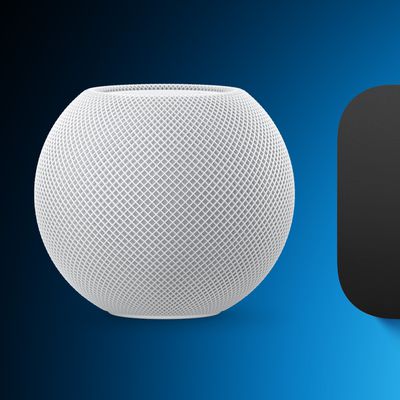Qualcomm today announced that it has filed three new patent infringement claims against Apple, accusing the Cupertino company of violating a total of 16 Qualcomm patents with its most recent iPhones, including the iPhone X.
Most of the patents in question cover technologies like carrier aggregation, memory designs, and power management features that are designed help to reduce battery usage, but in one claim, Qualcomm says Apple is using a depth-based image enhancement technique for Portrait mode that violates a Qualcomm patent.

Qualcomm is also filing a new complaint with the United States International Trade Commission (ITC) concerning five of the patents, and it is asking the ITC to ban imports of iPhone 8, iPhone 8 Plus, and iPhone X models that use chips from Intel, aka AT&T and T-Mobile devices in the United States.
The complaint with the ITC follows a previous filing in July that saw Qualcomm ask for an import ban on iPhone 7 and iPhone 7 Plus models equipped with Intel modem chips, along with some iPad models. Qualcomm has not asked for a ban on iPhones that use Qualcomm LTE chips, with the reasoning that a more limited exclusion order is more likely to be granted.
In the lawsuit, Qualcomm once again says its inventions form the "very core" of "modern mobile communication," and that without Qualcomm technology, Apple products "would lose much of their consumer appeal."
Qualcomm is seeking damages in an amount to be proven at trial, a permanent injunction against Apple, and attorneys fees.
Qualcomm's latest filing follows a countersuit from Apple that was filed earlier this week. Apple claims that Qualcomm's Snapdragon chips infringe on "at least" eight battery life patents owned by Apple.
The legal battle between Apple and Qualcomm kicked off in January of this year, and it has escalated rapidly over the course of the last several months. It is not clear if the ITC will agree to investigate the claims Qualcomm has made against Apple, but this will be a legal battle that spans several years, so Apple devices are in no danger of being banned anytime soon.

























